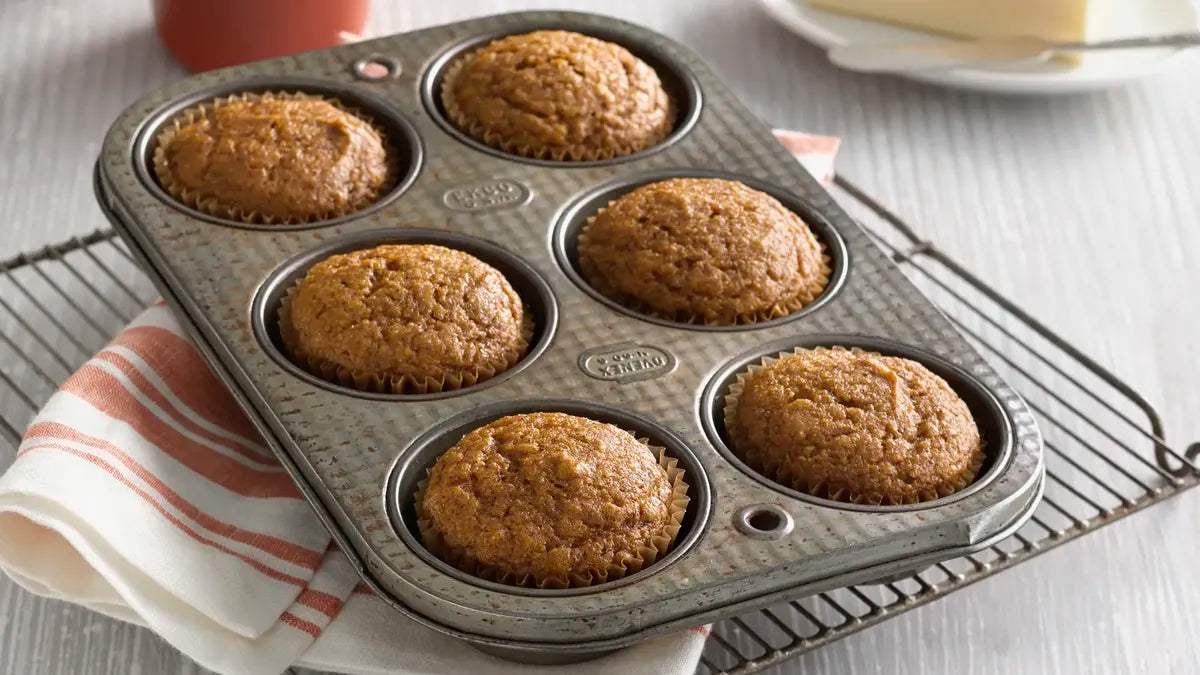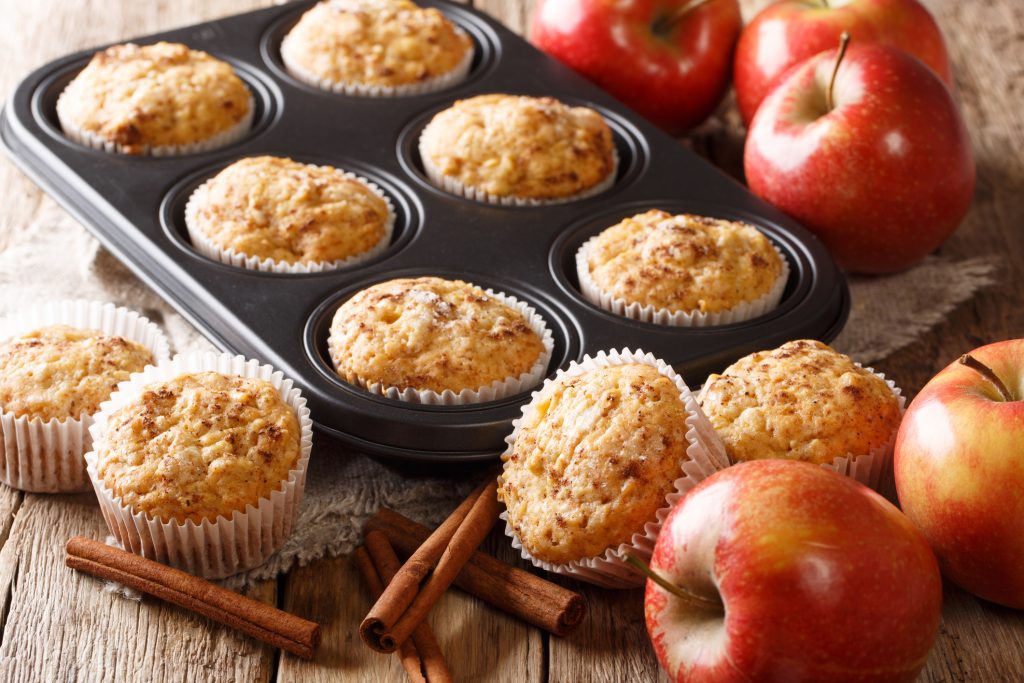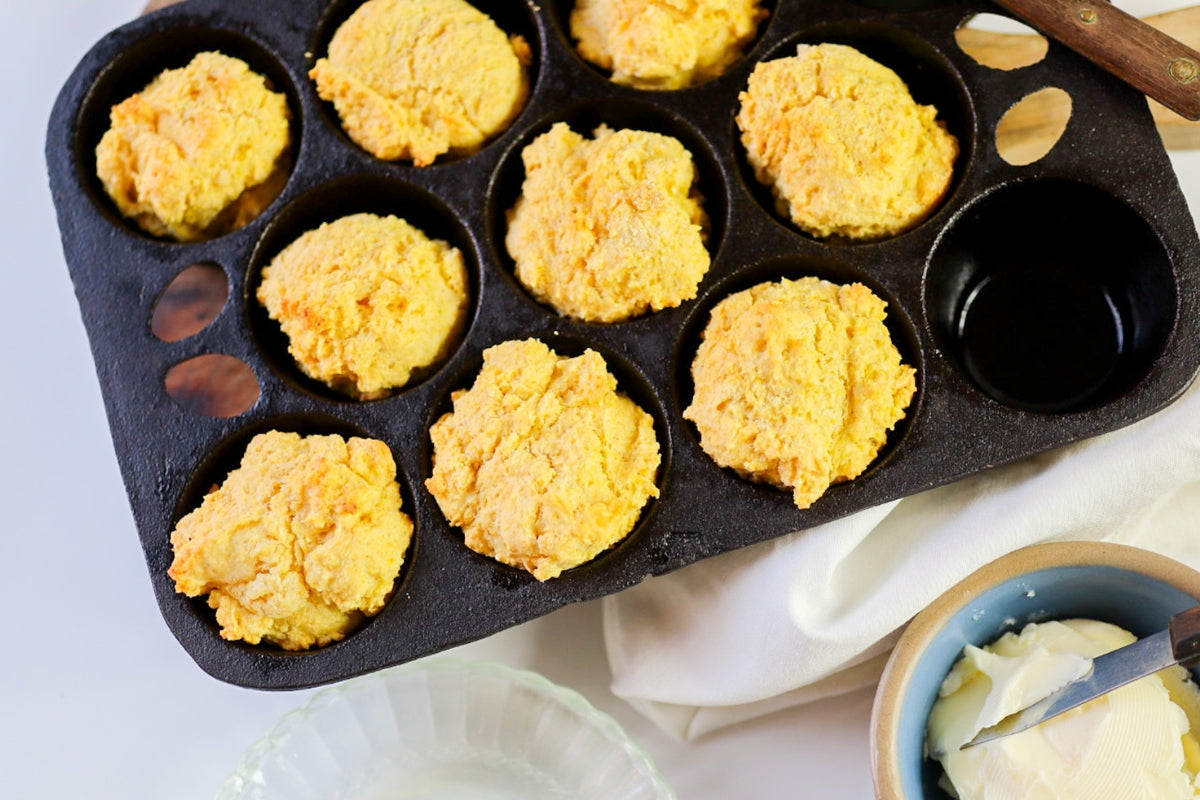In the bustling world of culinary arts, the tools you choose can make a significant difference in the quality and safety of your creations. Among these tools, cast iron bakeware stands out due to its durability and superior heat retention. But a question arises that many kitchen professionals ponder: Is cast iron bakeware non toxic? Understanding the safety of the materials we use daily is crucial, especially in professional kitchens where the demand for quality is high.

The Safety of Cast Iron Bakeware
Cast iron has been a staple in kitchens for centuries, revered for its ability to evenly distribute heat and provide a natural non-stick surface when properly seasoned. But is it truly non toxic? The answer is a resounding yes. Cast iron is made from natural materials, primarily iron, and does not contain any harmful chemicals that can leach into food. This makes cast iron bakeware a safe and reliable choice for chefs who prioritize health and safety in their culinary creations.
For those interested in further exploring the impact of cast iron on allergies, there are resources available that delve deeper into its benefits and potential drawbacks.
Why Cast Iron is a Kitchen Essential
The enduring popularity of cast iron can be attributed to several factors. Firstly, its non toxic nature ensures that no harmful substances are introduced during cooking. This is particularly important in professional settings where food safety is paramount. Additionally, cast iron's ability to maintain consistent temperatures is invaluable for baking, frying, and even roasting, providing a uniform cooking experience that reduces the risk of undercooked sections.
To determine if cast iron is the right choice for your kitchen, consider your specific needs and how cast iron can enhance your cooking process. For more information on how cast iron compares to other materials, you might find this comparison with nonstick cookware insightful.
Seasoning: The Secret to Non-Stick Success
One of the standout features of cast iron is its ability to develop a non-stick surface over time, thanks to a process known as seasoning. Seasoning involves applying a thin layer of oil to the bakeware and heating it, allowing the oil to polymerize and form a slick, protective coating. This not only enhances the non-stick properties but also contributes to the bakeware's non toxic status by eliminating the need for chemical coatings found in other types of bakeware.
For those looking to start their collection, understanding the nuances of collectible cast iron bakeware can be an enriching experience. Not only does it offer practical benefits, but it also connects you with a rich culinary heritage.
Maintaining Your Cast Iron Bakeware
Proper maintenance of cast iron bakeware is essential to keep it in optimal condition. Unlike some modern cookware, cast iron requires a bit of care to prevent rust and maintain its seasoning. Regular cleaning with warm water and a brush, followed by thorough drying and a light oiling, will keep your bakeware in pristine condition. This simple maintenance routine ensures that your bakeware remains non toxic and ready for use at all times.
For more insights into how cast iron can affect your baking, consider looking at how cast iron muffin pans interact with different ingredients.
The Environmental Impact of Cast Iron
Beyond its culinary benefits, cast iron is also an environmentally friendly choice. Unlike disposable or non-recyclable materials, cast iron is long-lasting and can be recycled, reducing the overall environmental footprint of your kitchen. Choosing non toxic bakeware like cast iron supports sustainable practices and promotes a healthier planet.
For a broader perspective on the safety of cast iron in various applications, consider the insights shared in this article about safety for kids.
Conclusion
In conclusion, cast iron bakeware is an excellent choice for kitchen professionals who are concerned about non toxic cooking tools. Its natural composition, coupled with its ability to enhance flavor and cooking efficiency, makes it a timeless addition to any professional kitchen. By investing in cast iron, chefs can ensure that their culinary creations are not only delicious but also safe for their patrons.
For more innovative ways to use your cast iron bakeware, explore these unique muffin pan recipes.

FAQ
Does cast iron leach iron into food?
Yes, cast iron can leach small amounts of iron into food, which can be beneficial for those with iron deficiencies. However, for most people, this amount is negligible and considered safe.
How do I maintain the non-stick surface of my cast iron bakeware?
Regularly seasoning your cast iron after each use by applying a thin layer of oil and heating it will maintain its non-stick surface and prevent rust.
Is cast iron suitable for all types of cooking?
Yes, cast iron is versatile and can be used for various cooking methods, including baking, frying, and roasting. Its ability to withstand high temperatures makes it ideal for professional kitchens.
This article contains affiliate links. We may earn a commission at no extra cost to you.






Leave a comment
This site is protected by hCaptcha and the hCaptcha Privacy Policy and Terms of Service apply.